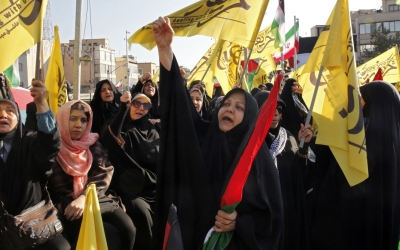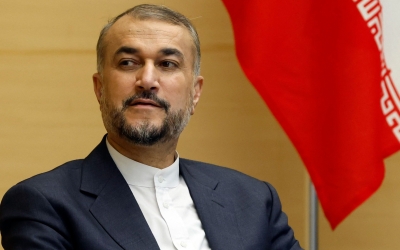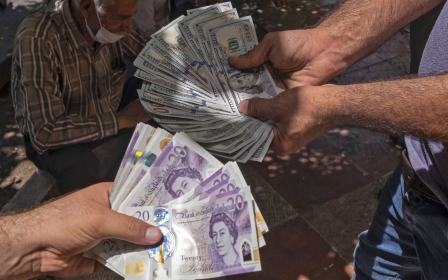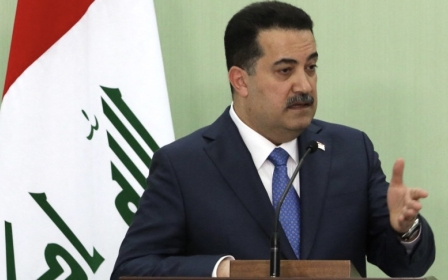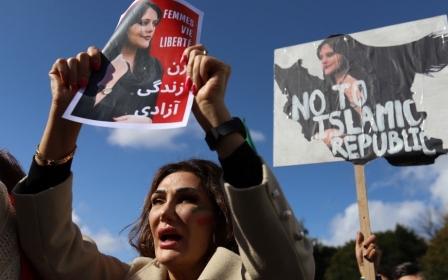Iranian press review: Human rights campaigners face escalating repression
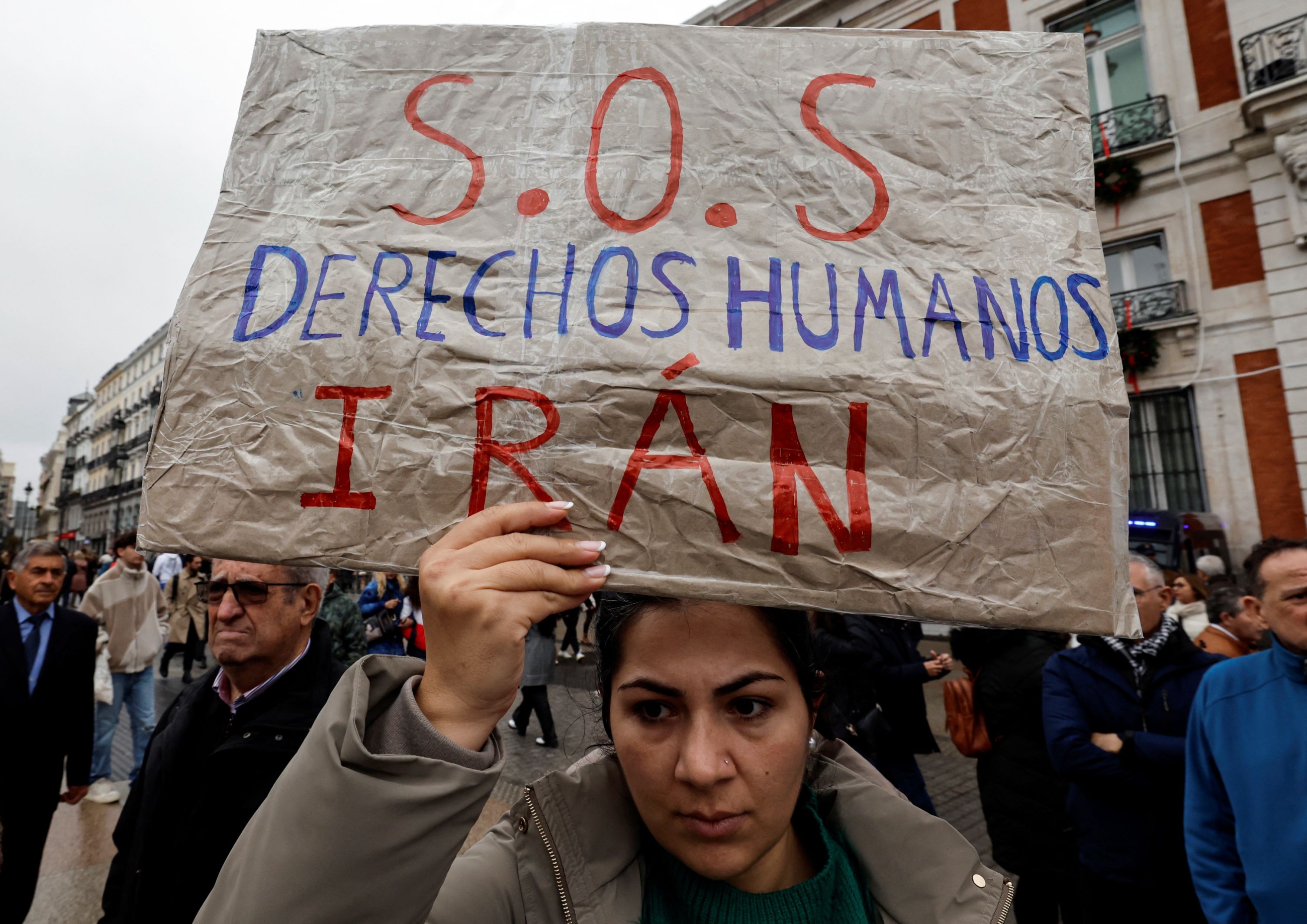
Over 150 jailed for 541 years, says report
Over 150 individuals have been collectively sentenced to more than 541 years in prison in Iran and 577 lashes, according to a report by the Norway-based Iran Human Rights organisation.
Released on 9 December, the report documented the situation of human rights defenders who were jailed or had active legal cases in the year following 1 December 2022.
Lawyers, teachers, labour activists, minority rights supporters, women's rights activists, journalists, environmentalists, families seeking justice, civil rights defenders, and artists are among the individuals whose cases were documented in the report.
The report quoted the director of the Iran Human Rights organisation, Mahmood Amiry-Moghaddam, as saying: "As the international community bears witness to the alarming escalation of human rights violations within Iran, it is imperative to recognise the unyielding spirit of these individuals and extend unwavering support to their cause."
The arrest and imprisonment of activists and journalists have dramatically increased in Iran since nationwide anti-establishment protests sparked off in response to the death of the 22-year-old Mahsa Amini in the custody of the country's morality police in September 2022.
On 1 December, the European Union warned about the current pace of executions in Iran, demanding the establishment "refrain from any future execution."
Rapper's arrest sparks debate on power struggle
The arrest of an Iranian rapper in Turkey and his handover to Iran has reignited the debate about his influence and his ties with conservatives before his self-imposed exile in Turkey.
On 6 December, a blurry video surfaced on Iranian media showing Amir Hossein Maghsoodloo - known by his artist name Tataloo - being handed over to Iran's intelligence ministry at the Bazargan border crossing between Iran and Turkey.
The judicial system has not announced the reasons for his arrest.
However, some sources suggest that several complaints related to sexual harassment have been registered against him.
Reformists seized the opportunity to remind President Ebrahim Raisi and his conservative camps that Tataloo appeared in an election campaign video during the 2017 presidential elections, supporting Raisi. In that video, Raisi praised Tataloo's music and work.
On Saturday, the Aramn Meli daily reviewed comments made by conservative politicians between 2015 and 2017, complimenting Tatloo. The daily added that Tataloo used those remarks to bolster his social presence and rise to stardom.
"Tataloo was not just a singer active in the cultural scene. He knew that his fan base would increase by entering the world of politics," wrote the daily.
Meanwhile, some suggested that Tataloo's deportation from Turkey was linked to the internal power struggle among conservative factions aiming to exert pressure on Raisi.
In an opinion piece on Monday, Iranian veteran journalist Amir Seyeddin wrote that conservative politicians who supported Tataloo in previous years would have preferred that "he be prosecuted in Turkey and spend years in prison there".
"Tataloo in Iran will act as a leverage of pressure on Ebrahim Raisi, who hopes to remain in office for a second term. For Raisi, Tatloo can be as destructive as he could be constructive," he concluded.
Raisi's wife faces backlash over Financial Times interview
An interview with Jamileh Alamolhoda, President Ebrahim Raisi's wife, has sparked criticism among Iranians, accusing her of whitewashing the establishment's deadly crackdown on the 2022 demonstrations and the systemic violation of women's rights.
In the interview published by the Financial Times, Alamolhoda claimed that the protestors were guided by foreign enemies, saying: "Those who came to the streets came with their smartphones while being guided [from elsewhere] where to go and who to hit."
She also defended the compulsory hijab law in the country, asserting that it would assist women to "lead society towards excellence".
These remarks triggered various reactions in Iran, with some questioning the establishment's responsibilities toward the opposition.
"Even if those [protestors] listened to what some said and then went to the streets, this won't clear the establishment [of] malpractices," one user said on the X social media platform.
Meanwhile, even pro-conservative journalists, such as Jaffar Yousefi, suggested that the interview "seemed to be advertorial," and dissidents claimed that her presence in international media was part of a broader propaganda campaign by the establishment.
"With these interviews, Jamileh Alamolhoda attempts to cover the weaknesses that Ebrahim Raisi and the Islamic Republic have in the international community," one Iranian user wrote on the social media platform X.
Iranian press review is a digest of news reports not independently verified by Middle East Eye
Middle East Eye propose une couverture et une analyse indépendantes et incomparables du Moyen-Orient, de l’Afrique du Nord et d’autres régions du monde. Pour en savoir plus sur la reprise de ce contenu et les frais qui s’appliquent, veuillez remplir ce formulaire [en anglais]. Pour en savoir plus sur MEE, cliquez ici [en anglais].


